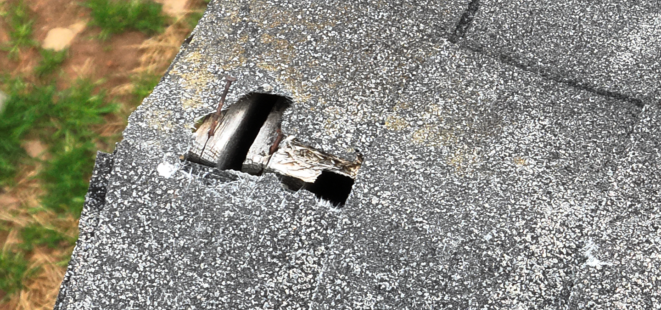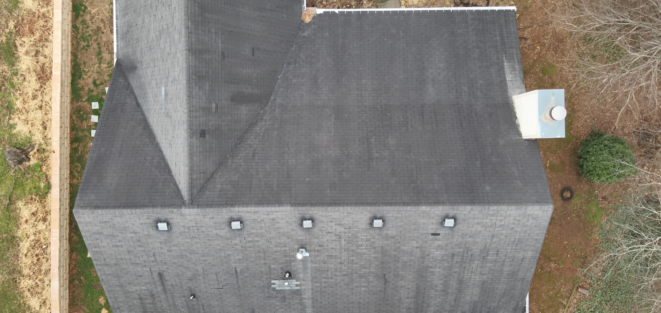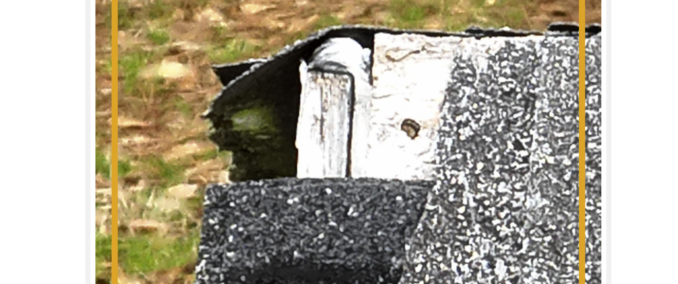In recent years, drone technology has revolutionized various industries, and the field of roof inspections is no exception. Thermal inspections using drones are becoming increasingly popular for their efficiency, accuracy, and safety. This method offers a non-intrusive way to detect issues that might be invisible to the naked eye, ensuring that commercial properties are well-maintained and potential problems are addressed before they escalate.
The Basics of Thermal Roof Inspections
Thermal roof inspections involve using drones equipped with thermal cameras to capture infrared images of a roof.
These images reveal temperature variations that can indicate underlying issues such as leaks, insulation deficiencies, and structural damage.
By analyzing these thermal images, property managers and maintenance teams can identify and address problems early, preventing costly repairs and ensuring the longevity of the building.
Benefits of Thermal Roof Inspections with Drones
Early Detection of Issues:
One of the primary benefits of thermal inspections is the ability to detect problems early.
Thermal cameras can identify heat anomalies that indicate moisture intrusion, leaks, or insulation issues.
Early detection allows for timely repairs, reducing the risk of significant damage and expensive fixes down the line.

Comprehensive Coverage:
Drones can access hard-to-reach areas and provide a comprehensive view of the entire roof.
Traditional inspection methods might miss spots or be limited by accessibility issues.
Drones ensure that every part of the roof is inspected thoroughly, leaving no stone unturned.

Non-Intrusive and Safe:
Traditional roof inspections often require inspectors to climb onto the roof, which can be risky and disruptive.
Drones eliminate the need for physical access, reducing the risk of accidents and damage to the roof.
This non-intrusive approach is especially beneficial for occupied buildings where disruption needs to be minimized.

Accurate and Detailed Reporting:
Thermal imaging provides precise data that can be used to create detailed reports.
These reports offer clear visual evidence of issues, making it easier for property managers to understand the problems and make informed decisions about necessary repairs.
The accuracy of the data ensures that repairs are targeted and effective.

Cost-Effective:
While the initial investment in drone technology and thermal cameras might seem high, the long-term benefits far outweigh the costs.
Early detection of issues reduces the need for major repairs, saving money in the long run.
Additionally, the efficiency of drone inspections means less time and labor are required compared to traditional methods.
Environmental Benefits:
Drones offer an environmentally friendly inspection method.
They consume less energy compared to traditional inspection vehicles and methods.
Moreover, by identifying issues early and preventing major repairs, the overall environmental impact of maintaining the building is reduced.
Real-World Applications and Success Stories
Numerous case studies highlight the effectiveness of thermal roof inspections with drones. For example, a study published by the American Society of Civil Engineers demonstrated how drones equipped with thermal cameras could accurately detect roof leaks and moisture intrusion in commercial buildings. The study concluded that drone inspections were not only more efficient but also more accurate than traditional methods.
Another success story comes from a commercial property management company that used drone inspections to identify insulation issues in their buildings. By addressing these issues promptly, they were able to improve energy efficiency, reduce heating and cooling costs, and enhance tenant satisfaction. The detailed reports generated from the thermal images provided clear evidence of the problems, making it easy to prioritize and execute repairs.
Conclusion
Thermal roof inspections with drones represent a significant advancement in building maintenance technology.
The ability to detect issues early, cover comprehensive areas, ensure safety, and provide accurate data makes this method highly beneficial for commercial property managers.
As drone technology continues to evolve, its applications in the field of roof inspections are likely to expand, offering even more advantages in the future.
For property managers and business owners looking to protect their investments and maintain their buildings effectively, incorporating drone-based thermal inspections into their maintenance routine is a smart and forward-thinking decision.
The benefits are clear, and the results speak for themselves: a well-maintained roof ensures a safe, efficient, and long-lasting building.
